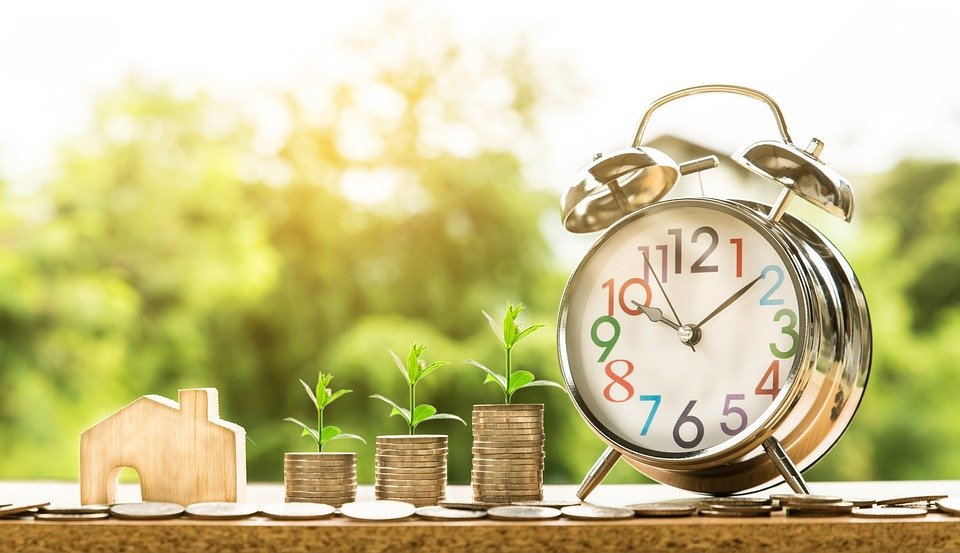The Art of Self-Reflection: Using Introspection to Fuel Personal Growth
In today’s fast-paced world, it’s easy to get caught up in the daily grind without taking the time to pause and reflect on our lives. However, self-reflection is a powerful tool that can help us gain a deeper understanding of ourselves and our experiences. By engaging in introspection, we can discover our strengths and weaknesses, clarify our goals, and ultimately fuel our personal growth. In this article, we will explore the art of self-reflection and how it can be used as a transformative practice.
What is self-reflection?
Self-reflection is the process of examining our thoughts, emotions, and behaviors in order to gain insight into ourselves and our lives. It involves taking a step back from our daily routines and actively thinking about our experiences, beliefs, values, and goals. It is a deliberate and conscious practice that requires honesty and openness to truly benefit from its transformative potential.
Why is self-reflection important?
Self-reflection is important for several reasons. Firstly, it allows us to gain a deeper understanding of ourselves. By taking the time to reflect on our thoughts, feelings, and actions, we can uncover patterns and motivations that may not be immediately apparent. This self-awareness can lead to personal growth and the ability to make more informed choices in our lives.
Secondly, self-reflection helps us clarify our goals and values. When we take the time to reflect on what truly matters to us, we can align our actions and decisions with our authentic selves. This can lead to a greater sense of fulfillment and purpose in our lives.
Lastly, self-reflection allows us to learn from our experiences. By examining past successes and failures, we can identify what worked well and what can be improved upon. This self-analysis can lead to personal and professional development, as we gain insight into our strengths and areas for growth.
How can one engage in self-reflection?
There are various ways to engage in self-reflection, and it’s important to find a method that works best for you. Here are a few practices to consider:
1. Journaling: Writing down your thoughts and feelings in a journal can be a powerful way to process and reflect on your experiences. Set aside dedicated time each day or week to write freely and explore your inner thoughts.
2. Meditation: Mindfulness meditation can help quiet the mind and create a space for self-reflection. By focusing on your breath and observing your thoughts without judgment, you can gain insight into your inner world.
3. Seeking feedback: Engaging in open and honest conversations with trusted friends, family, or mentors can provide valuable perspectives and insights about yourself that you may not have considered.
4. Solitude: Taking regular breaks from the demands of daily life and spending time alone can create the space needed for self-reflection. Whether it’s going for a walk in nature or simply sitting quietly, solitude offers an opportunity to connect with your inner self.
FAQs about self-reflection
Q: Is self-reflection the same as self-criticism?
A: No, self-reflection is not about criticizing oneself. It is about objectively examining one’s thoughts, emotions, and behaviors with curiosity and compassion. The goal is to gain insight and understanding, not to judge or berate oneself.
Q: How often should I engage in self-reflection?
A: The frequency of self-reflection varies for each individual. Some people may benefit from daily reflection, while others may find weekly or monthly reflection more suitable. The key is to find a rhythm that works for you and to make self-reflection a regular practice.
Q: Can self-reflection be uncomfortable?
A: Yes, self-reflection can sometimes bring up uncomfortable emotions or uncover aspects of ourselves that we may not be proud of. However, it is through this discomfort that growth and transformation can occur. Embrace the discomfort as an opportunity for learning and growth.
Q: Can self-reflection be done with others?
A: While self-reflection is a personal practice, it can also be done in the context of a group or with a trusted partner. Engaging in reflective conversations or participating in group activities that encourage introspection can provide unique perspectives and insights.
In conclusion, the art of self-reflection is a powerful tool for personal growth and transformation. By engaging in introspection, we can gain a deeper understanding of ourselves, clarify our goals and values, and learn from our experiences. Whether through journaling, meditation, seeking feedback, or embracing solitude, finding a reflective practice that resonates with you can lead to a more meaningful and fulfilling life. So, take the time to pause, reflect, and embark on a journey of self-discovery.


